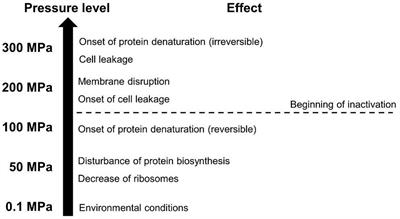EDITORIAL
Published on 28 Jun 2019
Editorial: Microbial Decontamination by Novel Technologies – Mechanisms and Application Concepts
doi 10.3389/fmicb.2019.01476
- 2,895 views
- 4 citations
14k
Total downloads
70k
Total views and downloads
You will be redirected to our submission process.
EDITORIAL
Published on 28 Jun 2019
ORIGINAL RESEARCH
Published on 09 Apr 2019

MINI REVIEW
Published on 04 Jan 2019

ORIGINAL RESEARCH
Published on 19 Dec 2018

ORIGINAL RESEARCH
Published on 23 Nov 2018

REVIEW
Published on 20 Nov 2018

ORIGINAL RESEARCH
Published on 16 Nov 2018

ORIGINAL RESEARCH
Published on 14 Nov 2018

ORIGINAL RESEARCH
Published on 10 Sep 2018

ORIGINAL RESEARCH
Published on 10 Jul 2018

